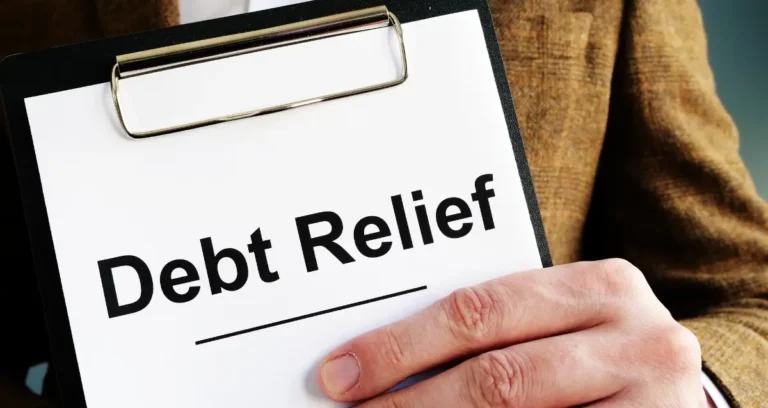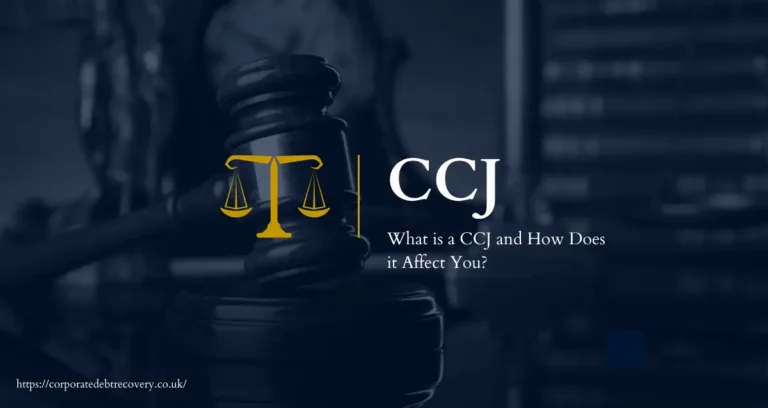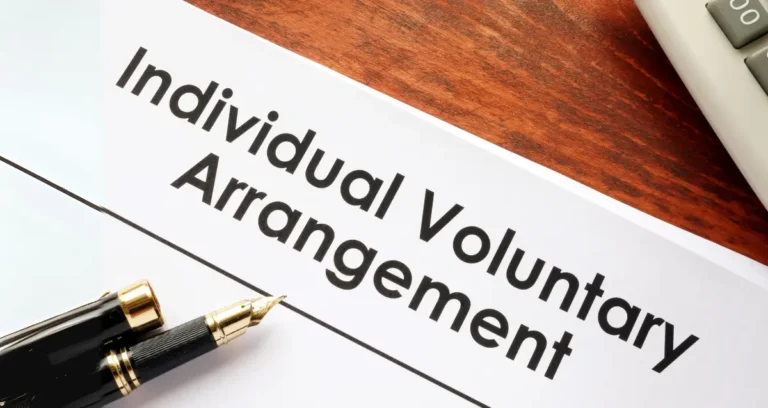Choosing the Right Level of Debt to Pursue in Court
As individuals, we often find ourselves in situations where we are owed money by someone else. It could be a small amount like a loan to a friend, or a larger amount like unpaid rent or a business debt. In such cases, it is natural for us to want to pursue our debt through the court system. However, before taking any legal action, it is important to consider the right level of debt to pursue in court.
Consideration of Pursuing Debt in Court
One of the first things to consider is whether the amount owed is worth pursuing in court. Pursuing a debt through the legal system can be a lengthy and expensive process. It involves filing fees, legal representation fees, and other costs that can add up quickly. Therefore, if the amount owed is small, it may not be worth the time and effort to pursue it in court.
On the other hand, if the amount owed is significant and could have a significant impact on your financial situation, pursuing it in court may be worth considering. This is especially true if the debtor has assets or a steady income that can be used to repay the debt. In such cases, pursuing the debt in court may be the only way to recover what is owed to you.
Importance of Evidence and Documentation
Another factor to consider is whether there is sufficient evidence to support your claim. In any legal case, evidence is crucial in proving your case and convincing the court that you are owed the debt. This may include contracts, invoices, receipts, or any other relevant documents that prove that the debt exists and is owed to you.
If you do not have sufficient evidence to support your claim, it may not be wise to pursue the debt in court. Without solid evidence, it will be difficult for you to win your case and recover your money. In such cases, it may be better to try and negotiate with the debtor or explore alternative dispute resolution methods.
Evaluation of Debtor’s Financial Position
It is also important to consider the financial position of the debtor before pursuing a debt in court. If the debtor is facing financial difficulties and is unable to pay their debts, pursuing them at court may not result in you getting your money back. In such cases, it may be better to try and negotiate a payment plan or explore other options, such as debt consolidation or debt relief programs.

Understanding the Legal Process
Furthermore, it is essential to understand the legal process involved in pursuing a debt in court. It is a time-consuming and complex process that requires knowledge of the legal system and its procedures. If you are not familiar with legal proceedings, it is advisable to seek professional advice from a lawyer or debt collection agency. They can guide you through the process and increase your chances of success.
In addition to the legal process, it is also crucial to consider the emotional toll that pursuing a debt at court can take on you. Going through a legal battle can be stressful and draining, and it is important to assess whether you are willing and able to handle it. If the amount owed is not significant and the evidence is weak, it may be better to let go of the debt and move on rather than subject yourself to unnecessary stress and anxiety.
Exploring Settlement Options
Before taking any legal action, it is important to try and settle the debt amicably with the debtor. This could involve sending them a demand letter or trying to negotiate a payment plan. In many cases, this approach can be successful and save you the time, effort, and money involved in pursuing the debt in court.
Conclusion
In conclusion, choosing the right level of debt to pursue in court involves considering various factors such as the amount owed, evidence, debtor’s financial situation, legal process, and emotional impact. It is essential to carefully assess these factors before deciding to pursue a debt in court. Seeking professional advice can also be beneficial in making an informed decision.
At the end of the day, it all boils down to weighing the pros and cons and determining whether the potential outcome is worth the resources and energy invested in pursuing the debt in court. Sometimes, it may be better to let go of the debt and move on, while other times, pursuing it in court may be the only way to recover what is rightfully yours. Ultimately, the right level of debt to pursue in court is a personal decision that should be carefully considered.







